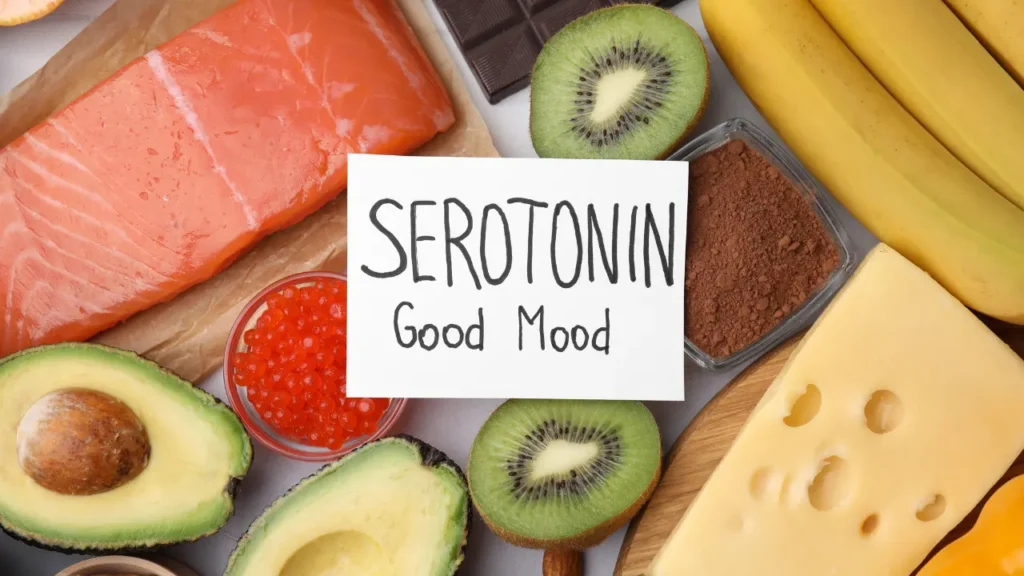Tree turmeric is a well-known herbal supplement that comes from the Berberis aristata plant. It has been used for millennia in traditional medicine, especially in Ayurvedic techniques. This comprehensive review explores the properties, health benefits, best dosages, side effects, possible drug interactions, and safe use of tree turmeric, with a particular emphasis on how it can improve cognition, focus, and alertness. Through an in-depth examination grounded in empirical studies, this piece seeks to provide insightful information for individuals seeking to capitalize on the nootropic properties of tree turmeric.
You May Also Like:
Horbaach Lion’s Mane Mushroom Extract Reviews: A Leading Herbal Nootropic Product
Tree Turmeric: Benefits, Dosage, Side Effects, Drug Interactions, and Other Important Information is an original (NootropicsPlanet) article.
Nature of Tree Turmeric
The tree turmeric, a deciduous shrub endemic to areas of South Asia and the Himalayas, is a member of the berberis genus. It is distinguished by the yellow color of its bark and wood, which are home to berberine, the main active ingredient. The active ingredient in tree turmeric is berberine, a quaternary ammonium salt belonging to the protoberberine group of benzylisoquinoline alkaloids. Due to its chemical makeup, it can interact with a wide range of biological targets to affect physiological and cellular functions.
Health Benefits
The primary bio-active ingredient of tree turmeric, berberine, is responsible for many of the plant’s health advantages. Studies reveal that berberine possesses antiviral, antibacterial, anti-inflammatory, and antioxidant characteristics. In particular, berberine is well-known for its ability to regulate neurotransmitter activity in the context of cognitive improvement, which can enhance alertness, focus, and general cognitive performance. According to studies, berberine can affect the central nervous system by blocking the enzyme acetylcholinesterase, which increases acetylcholine levels and improves cholinergic transmission by breaking down the neurotransmitter acetylcholine.
Additionally, it has been demonstrated that berberine has neuro-protective effects, lowering inflammation and oxidative stress in brain tissues—two important aspects of cognitive function and the avoidance of neuro-degenerative illnesses. Additionally, its potential to improve blood glucose regulation and cardiovascular health indirectly supports cognitive function by ensuring a stable supply of nutrients and oxygen to the brain.

Chemistry of Tree Turmeric
The chemistry of tree turmeric is centered around berberine, its most significant alkaloid component, which embodies a complex molecular structure that allows it to interact with biological systems effectively. Berberine’s structure features a quaternary ammonium ion at its core, facilitating its ability to cross cellular membranes and exert various biological effects. This unique structure contributes to berberine’s wide range of pharmacological activities, including its interaction with DNA, enzymes, and other molecular targets.
Berberine engages with the body and brain through several factors. At the molecular level, it directly binds to DNA and RNA, influencing gene expression and protein synthesis. This interaction can modulate the function of genes involved in inflammation, oxidative stress, and metabolism, which are critical for cognitive health and function. Furthermore, berberine has the ability to directly improve cognitive function due to its influence on neurotransmitter systems and its interaction with enzymes like acetylcholinesterase.
Physiological Properties of Tree Tumeric
Multiple biochemical processes are involved in the physiological process through which berberine, the active ingredient in tree turmeric, exerts its nootropic effects. The main mechanism through which berberine improves cholinergic transmission and consequently memory, alertness, and attention is its inhibition of acetylcholinesterase. Additionally, berberine regulates the action of certain neurotransmitters, including as serotonin and dopamine, which are essential for mood control and cognitive functions.
Cellular energy homeostasis is regulated by the AMP-activated protein kinase (AMPK) pathway, which is triggered by berberine. This activation supports cognitive function by enhancing neuronal health and function. Its antioxidant and anti-inflammatory properties also promote brain health and shield neural cells from harm.

Optimal Dosage
The key to optimizing benefits and limiting side effects of tree turmeric, notably berberine, is by determining the right amount. To achieve therapeutic results, berberine dosages ranging from 900 to 1500 mg daily, divided into three doses before meals, have been used in clinical research. However, the ideal dosage can change depending on your unique sensitivity and metabolism. It is crucial to begin under the supervision of a healthcare provider with a lesser dose and increase it gradually as necessary.
Side Effects
Although using tree turmeric correctly is usually safe, using it excessively can have negative effects. Due to berberine’s effects on gut motility and flora, gastrointestinal discomfort, such as cramps and diarrhea, is a common side effect. Furthermore, sensitive individuals can develop hypotension (low blood pressure) and hypoglycemia (low blood sugar levels) from berberine, therefore those who have blood pressure or blood sugar problems should exercise caution.
Potential Substance Interactions
The berberine found in tree turmeric can interact with other drugs, affecting both the safety and effectiveness of those drugs. Specifically, it has the ability to disrupt the metabolism of medications metabolized by the cytochrome P450 enzyme system, which can change the amount of medication in the blood. Berberine can also amplify the effects of diabetes drugs by lowering blood sugar levels, which raises the possibility of hypoglycemia. For this reason, before adding tree turmeric to a pharmaceutical regimen, those taking medication should speak with their doctors.

Best Responsible Use
It is important for anyone considering taking tree turmeric as a nootropic supplement to be aware of both the possible advantages and disadvantages. Before beginning, it is recommended to speak with a healthcare provider, particularly for those who are taking medication or have prior illnesses. It is wise to start with a smaller dose and keep an eye out for any negative effects. The benefits of tree turmeric for cognitive function can be increased by leading a healthy lifestyle that includes regular exercise and a balanced diet.
Tree Turmeric:
Conclusion
Recent studies have associated tree turmeric with properties like anti-inflammatory, anticancer, and antioxidant effects, but further research is needed to fully understand its benefits and optimal dosage. Incorporating turmeric into your diet by using it as a flavoring in dishes or opting for turmeric supplements, which can contain up to 95% curcumin, are potential ways to explore its advantages. However, it’s essential to exercise caution and consult a healthcare professional before incorporating any new supplement into your routine. Remember, while tree turmeric may not be as well-known as its cousin, regular turmeric (Curcuma longa), it still holds promise in the realm of natural health and wellness.

References:
- Tree Turmeric – Uses, Side Effects, and More. Retrieved from: https://www.webmd.com/vitamins/ai/ingredientmono-1125/tree-turmeric
- Tree Turmeric: A Super Food and Contemporary Nutraceutical of 21st Century – A Laconic Review. Retrieved from: https://pubmed.ncbi.nlm.nih.gov/34757887/
- Turmeric, the Golden Spice – Herbal Medicine. Retrieved from: https://www.ncbi.nlm.nih.gov/books/NBK92752/
Important Note: The information contained in this article is for general informational purposes only, and should not be construed as health or medical advice, nor is it intended to diagnose, prevent, treat, or cure any disease or health condition. Before embarking on any diet, fitness regimen, or program of nutritional supplementation, it is advisable to consult your healthcare professional in order to determine its safety and probable efficacy in terms of your individual state of health.
Regarding Nutritional Supplements Or Other Non-Prescription Health Products: If any nutritional supplements or other non-prescription health products are mentioned in the foregoing article, any claims or statements made about them have not been evaluated by the U.S. Food and Drug Administration, and such nutritional supplements or other health products are not intended to diagnose, treat, cure, or prevent any disease.


